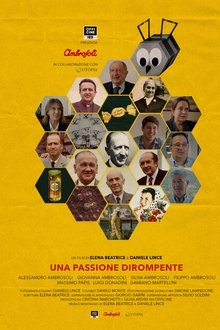My mother has died. Her name was Maria. Her children, we, Raúl and Santiago, discover among the objects left by our mother hundreds of photographs from our maternal grandfather, from REGINA -our great-aunt-, from our mother, from our father... And through those photographs, and with the help from an old camera -my grandfather's inheritance-, I, -along several trips to the places where those photographs were taken-, seek to recover and not lose my memory... that of my family. In the end, we will have to think on our memory and on what we have preserved and lost.
Related Movies

Elle va crier (2025)
Audrey, a woman in her mid-fifties, has never been able to make peace with her tumultuous family history. A clumsy mother, an emotionally distant father and sexual assaults that have gone unreported. She now decides to confront her demons. Supported by her son, the director of the documentary, she revisits a striking scene from her past: the moment when she told her parents that her grandfather had raped her. Together, through a year-long production process, they transform this awkward exchange into a moment of communion, thanks to actors, a set and Audrey's desire to do herself justice.
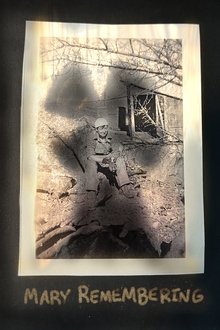
Mary Remembering (2023)
A short animated documentary featuring archival recordings of the filmmaker's Volga-German Great-Great-Grandmother, Mary Frank Lind, in which she recalls key memories of childhood—her father's windmill, warm rains, wolf sightings, bone trading, and her passion for carpentry, which broke gender norms but was supported by her father.

Nothing Left Unsaid: Gloria Vanderbilt & Anderson Cooper (2016)
Born into one of the wealthiest and best-known families in American history, Gloria Vanderbilt has lived in the public eye for more than 90 years, unapologetically pursuing love, family and career, while experiencing extreme tragedy and tremendous success side by side. This documentary features a series of candid conversations as Vanderbilt and her youngest son, Anderson Cooper, look back at her remarkable life.

Marilyn, Her Final Secret (2022)
Thanks to DNA, this documentary establishes the identity of Marilyn's biological father, thus revealing her new paternal family, 60 years after the icon's death.
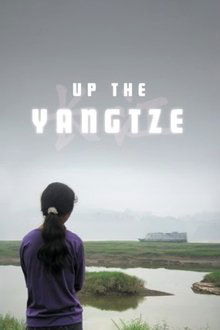
Up the Yangtze (2007)
At the edge of the Yangtze River, not far from the Three Gorges Dam, young men and women take up employment on a cruise ship, where they confront rising waters and a radically changing China.

Wanda (NaN)
School lunch chef Wanda McAfee-Conart reflects in her job and how it connects her to the sensory environment and to her own family history.
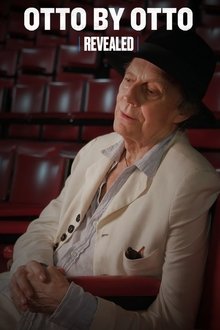
Revealed: Otto By Otto (2024)
Inspired to make an original, intimate family portrait, Gracie Otto directs a feature length documentary on her father, Barry Otto, whose career in Australian theatre, film and television has spanned more than 50 years. Baz as he is affectionately known is one of a kind - a truly creative, endearing and extremely eccentric personality who embraces the serious and the silly. This story is about Gracie's relationship with her father, in the twilight of his career and his life, as she tries to capture his memories, before his memory disappears. This is not a traditional biopic, but a deeply personal, artistic and cinematic reflection. Sometimes poignant in its exploration of deteriorating health, the film looks at the world through Baz's eyes, an ode to living a passionate life, that both honours him and preserves his memory.
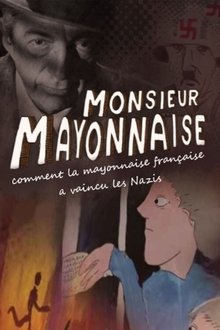
Monsieur Mayonnaise (2016)
Artist and filmmaker Philippe Mora (Mad Dog Morgan; The Howling II; Swastika) is producing a graphic novel about his late father, Georges, widely known in Melbourne as a beloved contemporary art patron and owner of bohemian eateries Mirka Café, Café Balzac and the Tolarno Restaurant and Galleries. Less known, however, is Georges' astonishing history as part of the French resistance during World War II, his friendship with renowned mime Marcel Marceau (Philippe's godfather), and how together they saved thousands of Jewish lives with a fiendishly simple trick involving baguettes and mayonnaise.
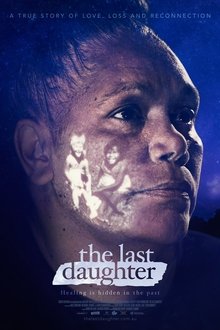
The Last Daughter (2023)
Brenda’s first memories were of growing up in a loving white foster family, before she was suddenly taken away and returned to her Aboriginal family. Decades later, she feels disconnected from both halves of her life, so she goes searching for the foster family with whom she had lost contact. Along the way she uncovers long-buried secrets, government lies, and the possibility of deeper connections to family and culture.
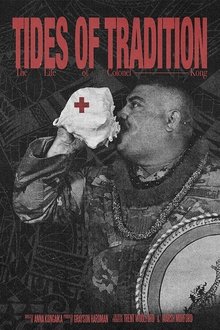
Tides of Tradition: The Life of Colonel Kong (2024)
Robert Kongaika runs from his family to join the military and becomes the first Tongan US Air Force Colonel. This is the true story of the island traditions, faith, and family that made him into the father he is today.
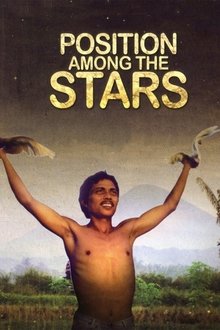
Position Among the Stars (2011)
Through the eyes of grandmother Rumidjah, a poor old Christian woman living in the slums of Jakarta, we see the economical changing society of Indonesia and the influence of globalization reflected in the life of her juvenile granddaughter Tari and her sons Bakti and Dwi.

The Flamenco Guitar of Yerai Cortés (2024)
A thoughtful exploration of gypsy culture, an intimate portrait of flamenco guitar player Yerai Cortés and a healing family exorcism through music. Antón Álvarez (aka C. Tangana) makes his filmmaking debut with this documentary.
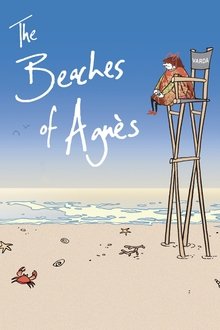
The Beaches of Agnès (2008)
Filmmaking icon Agnès Varda, the award-winning director regarded by many as the grandmother of the French new wave, turns the camera on herself with this unique autobiographical documentary. Composed of film excerpts and elaborate dramatic re-creations, Varda's self-portrait recounts the highs and lows of her professional career, the many friendships that affected her life and her longtime marriage to cinematic giant Jacques Demy.
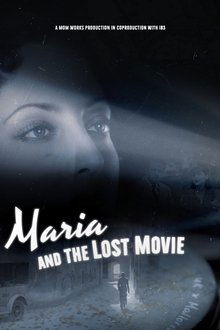
Maria and the Lost Movie (2023)
The pianist Miguel Ángel Lozano embarks on a personal and artistic journey with the purpose of reconstructing the life of his grandmother, Maria Forteza (1910-60), singer and pioneer of Spanish sound films.
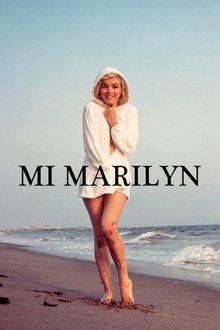
Mi Marilyn (1975)
A memory of Marilyn Monroe (1926-1962), woman, actress, goddess, myth, in the words of the Spanish director and scriptwriter José Luis Garci, who returns to his childhood and recovers a lost paradise.

Strudel Sisters (2016)
Two elderly sisters share the delicate art of making traditional Hungarian strudel and reveal a deeply personal family story about their mother, who taught them everything they know.
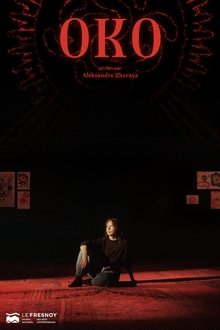
Oko (NaN)
Strange images hide in my mother's photo album, snapshots of her youth in Russia inside a colorful yoga group. Today, she devotes herself to other cults, all of which bring their share of propaganda, rites, gurus, and of course sacrifices. I play her role, to understand or to exorcise.
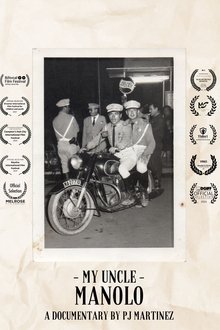
My Uncle Manolo (2023)
Focused on the experiences of Manuel "Manolo" Díaz Caballero, who was a local police officer in Malaga for more than 30 years, his memories of those years are the subject of this documentary.
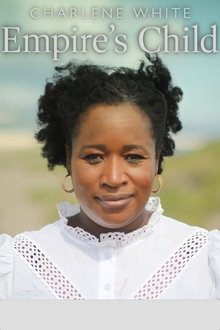
Charlene White: Empire's Child (2021)
Charlene White embarks on a deeply personal journey to uncover the roots of her connection to the British Empire in a bid to find out if we can ever truly emerge from its shadow. Charlene travels across Britain and Jamaica on a genealogical journey to investigate her own heritage and the relationship between the Empire and her family. By piecing together broken familial records and going back in time to the very start of the British Empire, she makes some surprising discoveries about how the British Empire has shaped her family’s lives and asks what it is to be Black and British.
